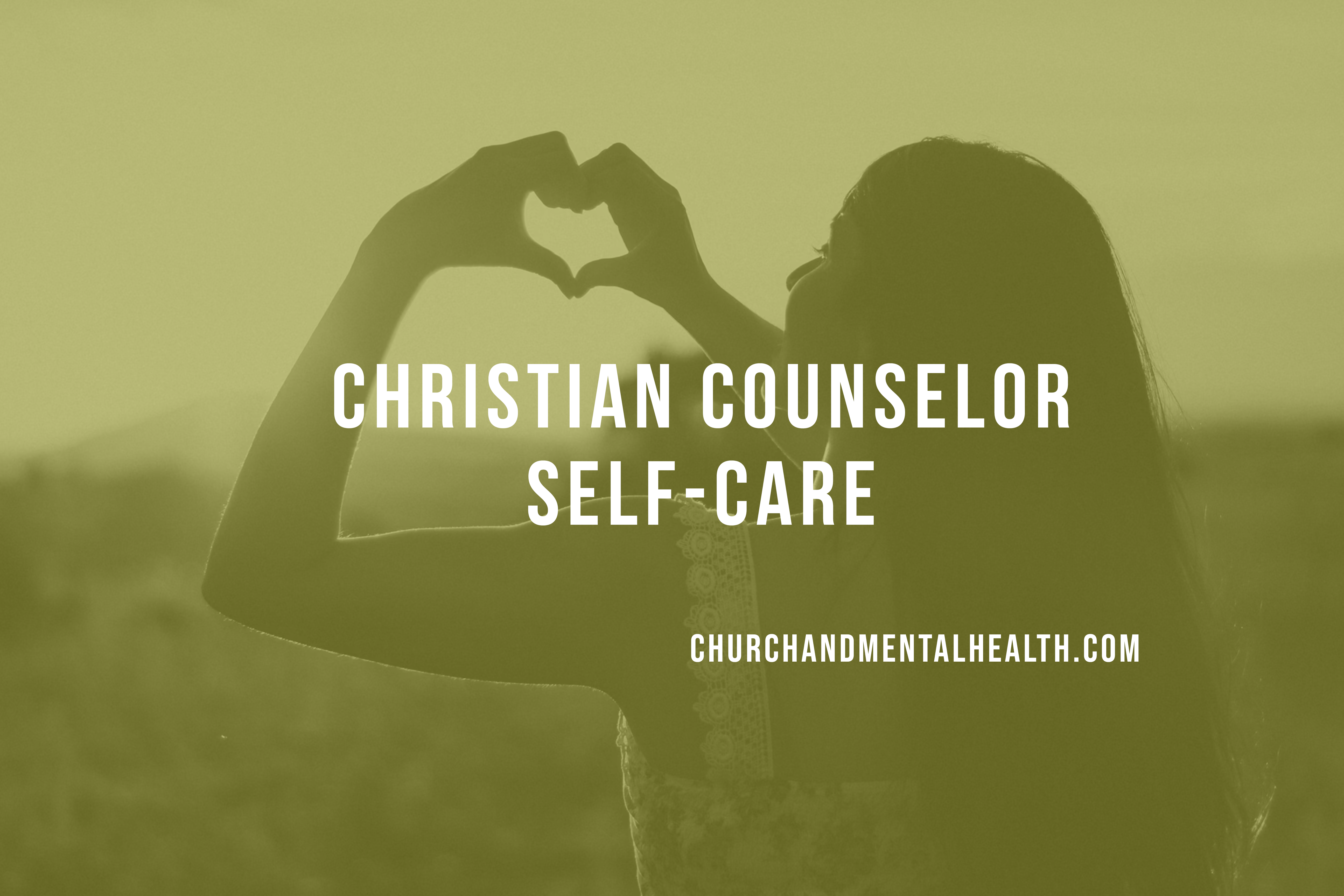Counseling is a vast and deep profession to work within. Human suffering, healing, and redemption for adults, youth, families, marriages, victims of domestic violence and human trafficking, substance misusing, depression, anxiety, schizophrenia, foster care, spiritual trauma, and so much more. For Christian counselors, we have the hope of Christ as our center, the hope of Jesus, the faith of a healing, and the promise of grace in tomorrow.
As Christian counselors extend compassion and wisdom to others, it’s imperative for them to nurture their own well-being. Clinician self-care isn’t merely a luxury; it’s a sacred responsibility, vital for sustaining the healer’s spirit and efficacy. Drawing from the rich tapestry of Christian principles and contemporary self-care techniques, we want to equip Christian counselors and supervisors with practical strategies to safeguard their emotional, spiritual, and physical health.
Understanding the Essence of Self-Care in Christian Counseling
Before delving into specific techniques, it’s essential to grasp the theological underpinnings of self-care within the Christian counseling context. Scripture exhorts believers to “love your neighbor as yourself” (Mark 12:31, NIV), implying that self-love and care are foundational to caring for others. Jesus himself exemplified the importance of solitude and replenishment by retreating to solitary places for prayer and reflection (Luke 5:16).
In the same vein, Christian counselors must prioritize self-care not as an act of selfishness but as an act of stewardship. By tending to their own well-being, they ensure they can continue serving others with authenticity and compassion. Below we have a list of self-care techniques we want to encourage you try out. Not just on days you need it, because we tell clients they need to practice these techniques at all times, so we should too. And you’ll notice some of these are great counseling techniques we give to clients, apply them to your own life please.
Practical Self-Care Techniques for Christian Counselors
1. Grounding Techniques:
- Breathing Exercises: Encourage deep breathing exercises, such as diaphragmatic breathing or grounding techniques, to alleviate stress and promote relaxation.
- Mindfulness Practices: Introduce mindfulness techniques rooted in Christian meditation, such as the prayer of examen or centering prayer, to cultivate present-moment awareness and spiritual connection.
2. Emotional Regulation:
- Journaling: Encourage counselors to journal their thoughts and emotions regularly, fostering self-awareness and emotional processing.
- Seek Supervision: Regular supervision sessions provide a safe space for counselors to explore their emotional reactions to client issues and receive support and guidance.
3. Spiritual Nourishment:
- Scripture Meditation: Encourage counselors to meditate on relevant scriptures that speak to their own struggles and offer hope and encouragement.
- Fellowship: Facilitate opportunities for counselors to engage in Christian fellowship and community, fostering spiritual support and accountability.
4. Physical Wellness:
- Exercise: Advocate for regular physical exercise, emphasizing its role in reducing stress, improving mood, and enhancing overall well-being.
- Healthy Nutrition: Promote mindful eating habits and adequate hydration, recognizing the profound impact of nutrition on mood and energy levels.
5. Setting Boundaries:
- Work-Life Balance: Encourage counselors to establish clear boundaries between work and personal life, prioritizing time for rest, recreation, and relationships.
- Saying No: Empower counselors to assertively decline additional commitments or requests when feeling overwhelmed, recognizing their limitations and honoring their need for rest.
Integrating Self-Care into Supervisory Practices
Supervisors play a pivotal role in cultivating a culture of self-care within counseling practices. By modeling healthy self-care habits and providing ongoing support and encouragement, supervisors can empower counselors to prioritize their well-being. Additionally, supervisors can incorporate self-care discussions and exercises into supervision sessions, facilitating reflection and accountability.
I actually went over a similar list as this and asked my supervisees in group supervision to hear what they do:
- Setting boundaries. What does that look like for you professionally?
- Doing more of what you love. After a hard day’s work that sticks to you, share with the group what it is you love to do?
- Finding meaning outside of work. What does that look like to you? (For me, my faith! Many talked about family)
- Examining unhelpful beliefs. What unhealthy beliefs do you have about yourself professionally?
- Seeking clinical supervision. After you are independently licensed, seek out ongoing supervision. I myself just came from my own individual supervision before that group supervision and it’s actually one of the terms I required when I became employed at my practice.
Conclusion
In the sacred vocation of Christian counseling, self-care isn’t an optional indulgence; it’s a non-negotiable aspect of faithful stewardship. By embracing a holistic approach to self-care—nurturing their emotional, spiritual, and physical well-being—Christian counselors honor both themselves and their calling to serve others. As they tend to the garden of their own souls, they cultivate the resilience and compassion needed to walk alongside those who seek healing and hope. Remember, dear counselor, you cannot pour from an empty cup; prioritize self-care, and let your light shine brightly in the darkness.
